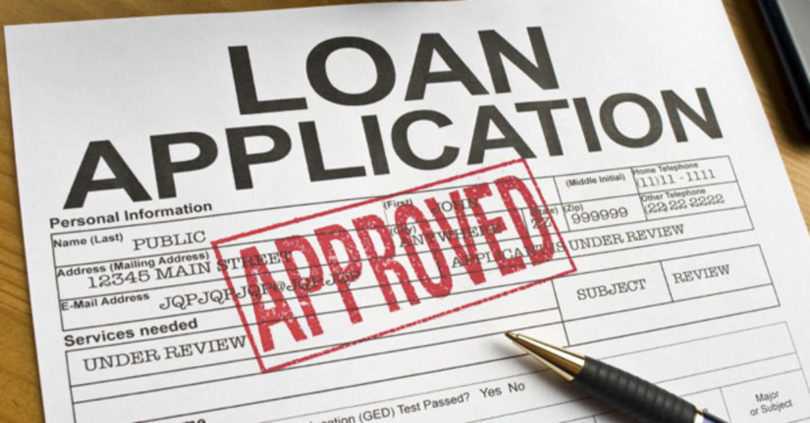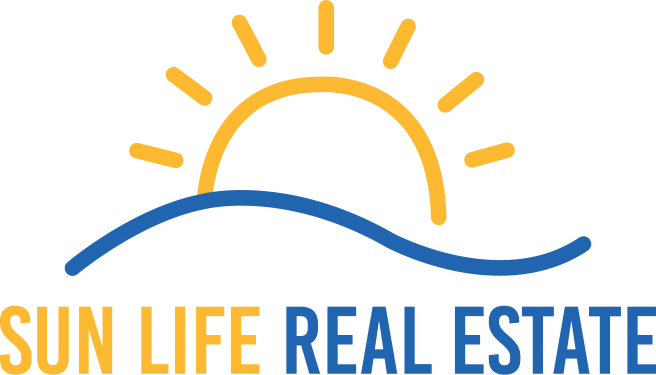financing in Dominican Depublic

As everywhere in the world financing real estate in Dominican republic is a subject that has many edges, and Dominica Republic is not the exception. So, we came up with a Question & Answer with the specifics of financing in the Dominican Republic and (finally) getting your slice of paradise here.
During my 15 year career in Caribbean real estate I have answered almost all possible real estate related question already ! most common question you will read below!
1.Can a foreigner request financing in the Dominican Republic?
Yes, it is possible and really easy for foreigners to get financing for a property in the DR.
- What are the most common requirements to finance real estate in the DR?
Most banks and financial institutes have their own way and rules to do the compliance but they are basically all the same.
Identification documents:
- Copy of passport (Minimum 6 months of validity).
- Identification document of the country of origin and of your spouse, if married.
- Information on immigration status issued by the competent authority in the country (it can be passport entry stamps).
- Application form and due diligence Mortgage loan, completed and signed by the debtor
Evidence of Income Customers residing abroad:
- Income Tax Declaration or Last Year’s Tax Declaration
Economic situation:
- Credit score 700 or above
- Trans-Union Credit Bureau Report (30 days validity).
If you reside in the US or Puerto Rico, or have American nationality (even as a 2nd nationality):
- Form-Authorization consultation International Bureau for debtor and Debtor and / or / Surety, signed by the parties.
- 2 International Bureau Report (2 months validity).
- What steps do you need to take to financing real estate in the DR?
The steps depend on which kind of property you want to finance.
It is important to note that if the property of your interest is currently under construction, the bank will not be involved until it is completed. This is not the case for resale properties. I will explain this in the next paragraphs.
- If it is a resale property or;
- If it is a property currently under construction.
Financing a resale property
Financing a resale property can be very basic and simple
Once you found a property to buy you sign a purchase agreement please be sure you add the condition you need to be able to cancel the agreement without a penalty fee if you can’t get finance for it.
For resale properties, most bank finance 80% to 85% ( of the assessed amount) of the total purchase price, for properties that aren’t in the touristic area most banks only finances a 70% of the purchase price.
Here is a list of all the steps when financing a resale property:
- Due diligence of property and buyer by the financial institute, this means you’re going to need a prove of income, financial and income statements, and more…- i list everything below.
- Appraisal of the property by the bank.
- After all due diligence is completed, a tripartite agreement between the bank, buyer and seller is drafted and signed.
- After the signature of the agreement, the bank takes care of everything that is needed to formalize the agreement: contracts, transfers, etc. This is why it is not necessary to hire a lawyer if you’re financing a resale property, the bank takes care of the transfer of the property to your name.
Financing an under construction property
If you want to finance a property under construction it’s the same procedure but with a longer time period because the Bank doesn’t get involved until the property and the development is finished. The buyer makes payments to the developer or the construction company during the construction, depending on the arrangement with the developers or the real estate agency If it is a touristic development, buyers usually complete a total of 50% or 60% during the construction and the rest is financed through one of the banks mentioned below.
It’s the same procedure the only real difference is that you have to wait until the property is finished to finance the rest of the amount. Throughout this time period, we still get things done and easier for you,
- Which banks should I work with?
Financing a property by a local bank could be an option to buy a property in the Dominican Republic. Five or six years ago, banks were not open to financing foreigners but that has changed and now they’re open to the market and its demands. Some banks will need that, as a foreigner, you submit your residency but lately that’s not the case. Banks like the Scotiabank or La Nacional don’t ask for residency, others are more strict in these processes
Other banks offer mortgages to foreigners, but it takes some time and effort to do it. Financing in general is possible only for clients from the USA and Canada. For European countries it’s far more difficult. Also, it’s good to note that the major banks here in the Dominican Republic have offices and/or connections in the USA and Canada, so it is easy to get client’s information.
Financing a lower amount is also possible. Banks can discuss the needs and can adapt to your current situation but the process is slow, so don’t get surprised If the process isn’t completed faster than you’d like.
Looking for more information about this subject? Feel free to contact me @Adriaan Smit – Sun Life Realty or via whatsapp +1.829.975.79.25

Adriaan Smit real estate and financial advisor
Categorieën: News
Tags: AIRBNB investment Santo domingo, appartement kopen dominicaanse republiek, appartement met zeezicht santo domingo, appartement t te koop piantini, appartement te koop Bella Vista, appartement te koop Ensanche Julieta, appartement te koop Ensanche Paraiso, appartement te koop La esperilla, appartement te koop La Julia, appartement te koop Los Cacicazgos, appartement te koop Naco, appartement te koop Santo Domingo, appartement te koop Serralles, appartement verkopen dominicaanse republiek, appartemetn te koop Avenida Anacaona, bank loan, banks santo domingo, best bank santo doming, beste investering Santo domingo, beste locatie santo domingo, beste makelaar santo domingo, duurste appartement santo domingo, duurste buurt santo domingo, duurste wijk santo domingo, expats santo domingo, gemiddelde huur santo domingo., huis kopen dominicaanse republiek, investeren domincaanse republiek, investeren in santo domingo, luxe appartement te koop santo domingo centrum, luxe woningen dominicaanse republiek te koop, luxury real estate dominican republic, M2 prijs santo domingo, makelaar dominicaanse republiek, nieuwbouw appartement santo domingo, nieuwbouw kopen santo domingo, nieuwbouw projecten santo domingo te koop, Penthouse te koop Avenida Anacaona, Penthouse te koop Bella Vista, Penthouse te koop Ensanche Julieta, Penthouse te koop Ensanche Paraiso, Penthouse te koop La esperilla, Penthouse te koop La Julia, Penthouse te koop Los Cacicazgos, Penthouse te koop Naco, Penthouse te koop piantini, Penthouse te koop Santo Domingo, Penthouse te koop Serralles, property loan santo doming, remax kantoor dominicaanse republiek, remax luxury santo domingo, remax santo domingo, remx makelaar santo domingo, Sunlife dominicaanse republiek, Team Sunlife, vastgoed Avenida Anacaona, vastgoed Bella Vista, vastgoed dominicaanse republiek, vastgoed Ensanche Julieta, vastgoed Ensanche Paraiso, vastgoed La esperilla, vastgoed La Julia, vastgoed Los Cacicazgos, vastgoed Naco, vastgoed piantini, vastgoed Santo Domingo, vastgoed Serralles, vastgoed te koop Avenida Anacaona, vastgoed te koop Bella Vista, vastgoed te koop Ensanche Julieta, vastgoed te koop Ensanche Paraiso, vastgoed te koop La esperilla, vastgoed te koop La Julia, vastgoed te koop Los Cacicazgos, vastgoed te koop Naco, vastgoed te koop piantini, vastgoed te koop Santo Domingo, vastgoed te koop Serralles, veilge wijk santo domingo, vierkante meter prijs santo domingo, woning kopen dominicaanse republiek, woning verkopen dominicaanse republiek
